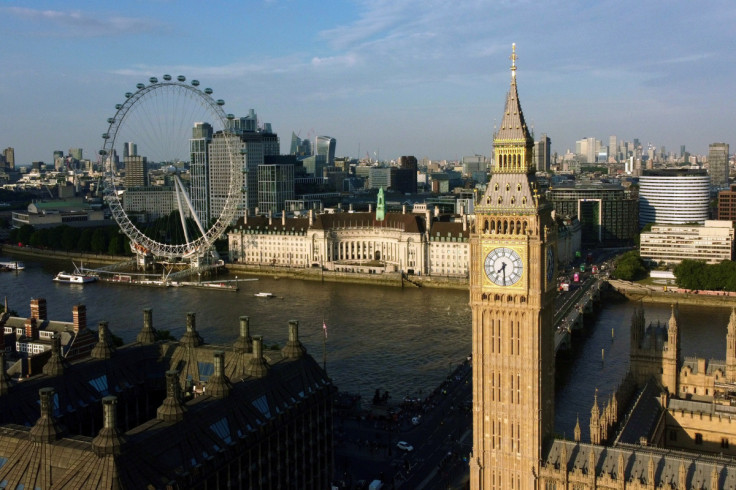Why Do Clocks Go Back One Hour In 2025? The Reason Is Simple But This Is How It Might Affect Brits
The shift often causes more road accidents and disrupts sleep, though some enjoy the extra rest

As autumn deepens and the evenings grow darker, people across the UK are preparing to turn their clocks back by one hour, marking the end of British Summer Time (BST) and the start of winter. The change brings earlier sunsets, colder days and a shift in the nation's daily rhythm.
At 2am on Sunday, 26 October 2025, the clocks will move back one hour, returning the country to Greenwich Mean Time (GMT). The adjustment may seem small, but it influences sleep, mood, safety and even spending habits.
More than a century after its introduction, the practice continues to divide opinion, with debate over whether changing the clocks twice a year still makes sense in modern life.
Why the Clocks Change
The custom was introduced during the First World War under the Summer Time Act of 1916, designed to make better use of daylight and conserve energy. By shifting an hour of daylight from morning to evening, workers could extend productive hours while reducing fuel use.
British Summer Time begins on the last Sunday in March and ends on the last Sunday in October, when the UK reverts to GMT for the winter. Supporters argue that lighter evenings improve safety and support outdoor activity, while critics say the disruption to sleep patterns and limited energy savings mean the policy has outlived its purpose.
What Happens When Time Changes
Road safety data consistently show a rise in collisions after the clocks go back. Figures from National World indicate that in 2023, reported crashes rose by 11 per cent in the two weeks following the change compared with the two weeks before. Between 5pm and 6pm alone, incidents increased by about 55 per cent.
The Royal Society for the Prevention of Accidents (RoSPA) says darker evenings, low sun glare and wet road surfaces all contribute to the spike. In 2023, more than 3,600 road collisions were linked to impaired vision, while over 4,200 involved slippery conditions, according to FleetNews.
Impact on Daily Life and the Economy
When the clocks go back, Britons typically gain around half an hour of extra sleep, according to analysis of UK Biobank data. Yet opinion remains split. A 2024 YouGov poll found that 46 per cent of respondents would prefer to keep daylight saving time all year, while 42 per cent would rather abolish clock changes entirely.
Studies differ on whether the change saves energy or affects spending. Some research suggests lighter evenings slightly reduce electricity use, while others find that higher heating demand in darker mornings offsets those gains. Retailers often report lower footfall after dark, although hospitality venues tend to benefit as people head indoors earlier.
‘I’m late! I’m late!’ — every Brit the week the clocks change. Don’t worry mate, last Sunday in October we go back an hour… you might actually be early. pic.twitter.com/uKnpo26CXy
— Brit Info (@britinfocouk) October 15, 2025
Just discovered that dear old https://t.co/A2rljEelGP have incorporated calendar downloads into the notice of dates for seasonal clock changes, allowing you to post them straight to your iPhone etc.#thestuffTwitterisfor https://t.co/G7lV8pcbOy
— EH4 Taxpayer (@Scots_Woe_Hey) October 6, 2025
Noticing the nights drawing in? 🌙
— Met Office (@metoffice) October 8, 2025
October brings a big shift with most of the UK losing over 2 hours of daylight this month!
Do you enjoy the cosy evenings or miss the longer days? pic.twitter.com/eHZLpZ41ne
Could This Be the Last Time Change?
While the European Union voted in 2019 to end seasonal clock changes, the UK has no plans to follow suit. The government maintains that the current system supports public safety and keeps the country aligned with European trading hours.
For now, the return to GMT remains a fixture of the British calendar. The extra hour of rest will be welcomed by many, but the darker evenings bring familiar challenges for safety, energy use and daily routines, a reminder that even small shifts in time can still shape life across the UK.
© Copyright IBTimes 2025. All rights reserved.





















